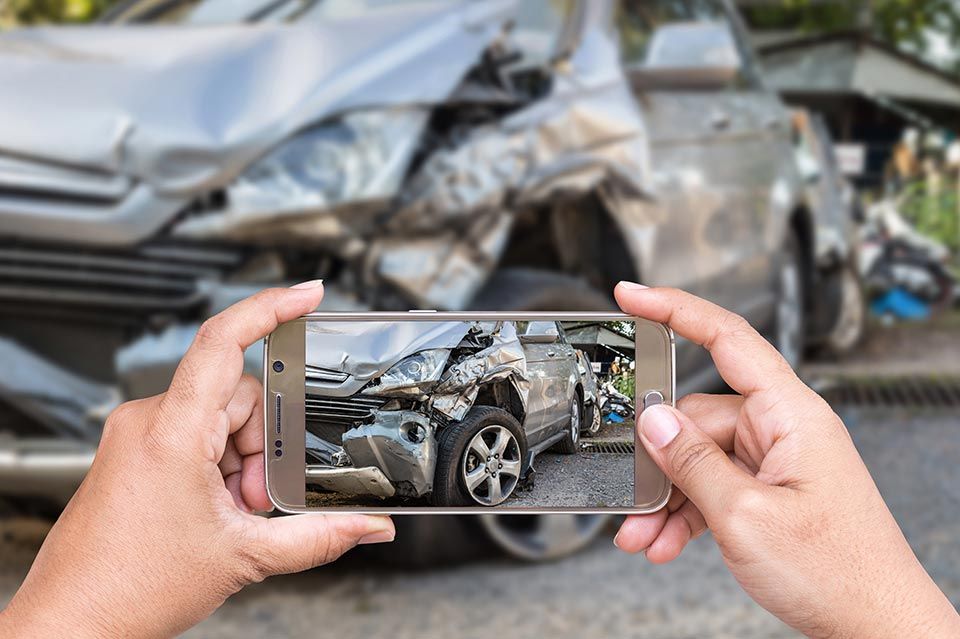Responding to Client Trauma After Personal Injury
Suffering any kind of injury is incredibly difficult. The recovery process afterward can be daunting. And you’ll surely have many, many questions about your next steps. It’s not a situation you should have to handle on your own. That’s why it’s so important to surround yourself with people you can count on. This includes a reputable personal injury attorney. If you’re on the fence about hiring one, you should know they are also a support system if you’re experiencing trauma. Read on below to find out some of the ways personal injury lawyers support and protect their clients.
Safe Environment for Client
A personal injury lawyer will work to keep you safe both physically and psychologically. This includes creating a safe, structured environment for you throughout the process. From the start, they will know how to form a trusting attorney-client relationship. You can count on personal injury lawyers to be patient, compassionate, and willing to go above and beyond to accommodate clients’ trauma.
There are a number of ways your attorney can adapt the environment to best suit you as well. For instance, you can meet in quiet, private settings. If you’d feel better having multiple shorter meetings instead of one long meeting, they can try to accommodate that. For many people, predictability helps. If that’s the case for you, meetings can be held at the same times and/or on the same days. You can discuss options and see what makes you feel most comfortable.
Avoiding Potential Triggers
Personal injury lawyers, especially those with a lot of experience, are familiar with the signs of trauma. And they should know how to avoid further exasperating you. Due to the many unique factors that come with these cases, they will come to you with the education needed to handle it.
Another way your attorney keeps you safe is by protecting you in potentially triggering situations. They are experts at handling the difficult conversations that can bring back traumatic memories of the accident. Interacting with those responsible for your injury is too emotional and upsetting to go through on your own. And negotiations with insurance companies can be incredibly stressful. Your attorney has the knowledge, experience, and skills to be a great negotiator. A client doesn’t necessarily have that expertise and should not be expected to.
Supporting Client Throughout Process
After a traumatic event, it’s understandable that you’d need to focus on healing instead of immediately thinking about your financial situation. But the financial stress, from medical costs to how long you may be out of work, can really take a toll. That’s why it’s so important to have a personal injury lawyer looking out for your financial well-being. They will help to make sure that you receive a sufficient amount. Without a lawyer, you may wind up receiving little to nothing.
A personal injury lawyer will also serve as a great source of support. In addition to fighting for your right to compensation, they’re also there to listen. The confidentiality agreement can help people feel more at ease to open up about their feelings and lingering trauma. Effective communication is a core value of personal injury lawyers.
While trust and communication with a lawyer can greatly help, they are also not the only people you should consult. Your lawyer should also have a number of references for psychologists, psychiatrists, specialists, counselors, and more. These resources will further aid your recovery.
Filing a Claim
When you’re injured in an accident, it’s best to gather as much evidence for your claim as possible. However, this is understandably another step that can be traumatic to handle on your own. Your attorney can work to confirm your claims and find more evidence to support them. In fact, they often have ways of collecting significant evidence that you would not have access to, such as police reports and surveillance.
Without a lawyer, even just filing the initial personal injury report can be very difficult. The expertise your personal injury lawyer has means they’ll provide you with excellent advice along the way. Their experience will be helpful for analyzing your case, determining the best steps to take, and predicting potential outcomes. This takes a lot of stress off your shoulders.
At the same time, they will still leave decisions up to you. A lawyer is there to help you, not steamroll your wishes. And they know the balance between sheltering you from triggering situations and making sure your voice is heard.
Preparing Client for the Case
If necessary, your lawyer will thoroughly prepare you for a deposition. When clients experience trauma, it can sometimes affect memory. And one of the trauma responses is to suddenly shut down. So, ahead of time, you can put your side of the story together. And you can go over it as many times as you need to remember which important details you want to include.
Lawyers know that going to trial could hurt and trigger a traumatized individual. That’s why they will go above and beyond to avoid a trial in your case. If you do end up needing to appear in court, your lawyer will make sure to extensively prepare, protect, and support you. Preparation can include role-playing and thoroughly going over the whole process as many times as necessary. Sometimes, your lawyer can give you an idea of the type of questions you will be asked so you won’t feel blindsided. Usually, knowing what to expect will help ease your nerves. They will also be aware of the behaviors that stem from trauma and can explain them to the judge and jury as needed.
To find out more, don’t hesitate to reach out to the professionals at Warren Allen. We have been providing excellent service to the Portland and Pacific Northwest area for five decades. The extensive experience and expertise of our staff will be incredibly beneficial. You can find more information about our personal injury law services on our website. You can contact us via the website as well.


